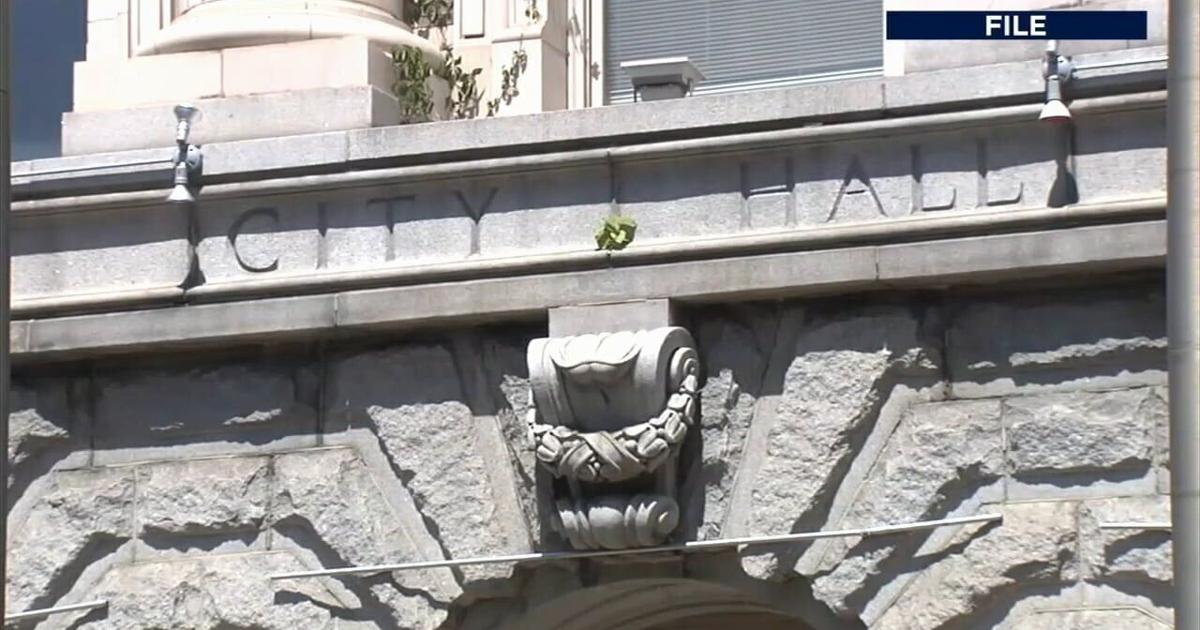READING, Pa. – Reading City Council introduced a proposed ordinance Monday night to declare Reading a “welcoming city.” Officials say it’s a measure meant to clarify that local police do not enforce federal immigration laws and to encourage residents to report crime without fear.
The proposed bill would prohibit city officials or employees from making inquiries into the citizenship or immigration status of any individual.
It would also order that no city official, employee or agency will support or assist U.S. Immigrations and Customs Enforcement, the Congressional Budget Office or other agencies in any capacity with immigration enforcement operations.
Mayor Eddie Moran said the “welcoming city” ordinance is about reaffirming what’s already in practice. He said the city wants to send a clear message of inclusion.
“We just wanted to make sure that our residents feel safe, feel protected,” Moran said. “We will always respect the federal law, but we’re also not going to make people feel that they can’t walk our streets.”
The mayor added that the goal is to make it clear that local police are not enforcing federal immigration laws.
“It’s making sure the community is aware that our police officers are not out there enforcing any immigration laws,” he said. “We just want to make sure our residents feel safe.”
The city introduces proposed ordinances at regular meetings and then holds discussions at a Committee of the Whole meeting before the ordinance is considered for official vote.
Although no discussions took place at the meeting on Monday night, Councilmembers Jaime Baez Jr. and Rafael Nunez said they were pleased to see the proposed ordinance introduced.
During public comment during the regular meeting, Patty Torres, co-executive director at Make the Road Pennsylvania, said Reading must welcome everyone, regardless of immigration status.
“It keeps our city safe, fair and united, and it reflects who we are and who we’ve always been,” Torres said. “It ensures that the local police won’t participate in federal immigration operations such as ICE raids and that police and other city employees will not ask about immigration status, protecting privacy and building trust.”
“Reading has welcomed immigrants since its founding in 1748, and this ordinance, we will reaffirm that it continues to embrace diversity as a core value,” Torres continued.
“Currently, immigrants are being criminalized for civil violations and dehumanized and being blamed for everything from job loss to crime,” she said. “The data is clear; immigrants don’t increase crime, (but they do) contribute to the economy and strengthen our communities.”
Torres encouraged councilmembers to vote yes at the time when the item is placed on an agenda for an upcoming voting meeting.
“Ordinances like this are codifying what is safety for immigrants,” Torres said, noting that more than 20% of Reading residents are immigrants and more than half speak a language other than English at home.
Community member Jesús Lagunas added a personal note: “Both my parents are undocumented.”
However, measures like this welcoming ordinance have drawn mixed reactions in other cities. Allentown passed its own “welcoming city” ordinance, while Easton removed one after debate over public safety and federal cooperation.
In Berks County, the jail already honors ICE detainers, and the ordinance specifies that the city’s policy “is to be construed in accordance with federal law.”
“We’re not interfering with any federal law,” Moran said. “We just want to make sure people know that our residents are not being targeted by our local law enforcement.”
City Council President Donna Reed stressed that the proposal is in its early stages and will face detailed review before any vote.
“I want to know the full definition of this and how it will work within the parameters of the police department and legal and all of us as co-residents of the city,” Reed said.
She called the issue “complicated” and “controversial,” and said council will examine what, if anything, the ordinance changes from current policy.
As the ordinance was only introduced on Monday, no vote is expected for at least two weeks.

